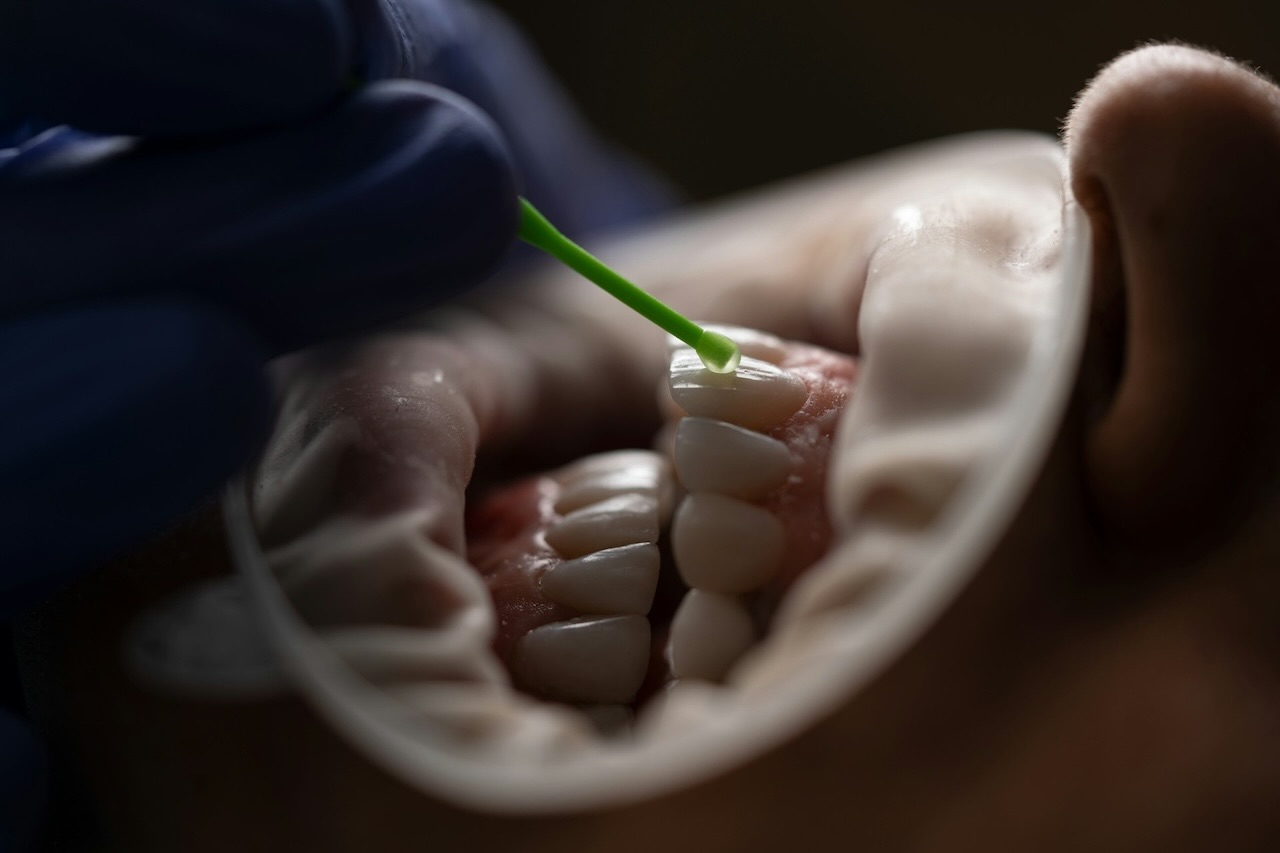Dentistry offers a rewarding career that blends science, art, and patient care. Dental professionals not only treat oral diseases but also help patients maintain overall health and confidence. If you are passionate about healthcare, enjoy working with your hands, and have a keen eye for detail, a career in dentistry could be your ideal path.
What Is Dentistry?
Dentistry is the branch of medicine focused on the diagnosis, prevention, and treatment of conditions affecting the teeth, gums, and mouth. Dentists address oral health issues such as tooth decay, gum disease, and dental trauma. They also perform cosmetic procedures to improve the appearance of patients’ smiles.
Beyond oral care, dentists play a vital role in detecting systemic health conditions that first present symptoms in the mouth, such as diabetes or osteoporosis.
Pursuing a medical degree in Malaysia or related biomedical science pathways provides students with a strong foundation for entering dental school and building a career in oral healthcare.
Core Concepts and Goals
Dentistry is guided by several key principles:
- Preventive Care: Educating patients on oral hygiene practices to prevent disease.
- Diagnosis and Treatment: Identifying and managing a wide range of dental and oral health issues.
- Aesthetic Enhancement: Improving the appearance of teeth and smiles through cosmetic procedures.
- Patient-Centred Care: Creating a comfortable environment that prioritises patient well-being and reduces dental anxiety.
Dentists must combine technical skills, scientific knowledge, and interpersonal abilities to provide comprehensive care to their patients.
Key Responsibilities of a Dentist
Dentists take on various critical roles in healthcare, including:
Oral Health Examinations
Performing detailed assessments to check for cavities, gum disease, oral cancers, and other abnormalities.
Preventive and Restorative Treatments
Applying sealants, performing cleanings, filling cavities, and conducting root canal therapy to restore dental health.
Surgical Procedures
Carrying out tooth extractions, corrective surgeries, and implant placements.
Aesthetic Dentistry
Offering cosmetic treatments such as teeth whitening, veneers, and orthodontic interventions to enhance smiles.
Patient Education
Teaching patients about oral hygiene techniques, dietary recommendations, and preventive strategies.

Specialisations in Dentistry
Dentistry offers numerous specialisation opportunities, including:
- Orthodontics: Correcting misaligned teeth and jaws through braces and aligners.
- Oral and Maxillofacial Surgery: Performing complex surgical procedures on the mouth, jaw, and face.
- Periodontics: Focusing on the treatment of gum disease and supporting structures of the teeth.
- PaediatricsDentistry: Providing dental care to infants, children, and adolescents.
- Prosthodontics: Designing and fitting dental prosthetics such as crowns, bridges, and dentures.
- Endodontics: Specialising in root canal treatments and diseases of the dental pulp.
Students pursuing a degree in biomedical science often continue into dental specialisations through advanced programs.
Essential Knowledge and Skills
Dentists must cultivate a diverse set of skills, including:
Clinical Proficiency
Mastering dental instruments, radiographic techniques, and treatment procedures.
Attention to Detail
Ensuring precision in diagnosis, restorative work, and aesthetic treatments.
Communication Skills
Explaining diagnoses and procedures clearly to patients and alleviating their concerns.
Manual Dexterity
Performing intricate procedures efficiently and safely within the confined space of the mouth.
Business Acumen
Many dentists manage their own practices, requiring knowledge of business operations, finance, and team leadership.
Professionalism and Ethical Considerations
Dentists adhere to high standards of ethics and professionalism, which include:
- Patient Confidentiality: Protecting sensitive health information.
- Informed Consent: Ensuring patients understand procedures and risks before treatment.
- Commitment to Continuing Education: Staying updated with the latest advances in dental technology and practices.
Students interested in careers in dentistry should seek institutions that emphasise strong clinical and ethical training, such as pursuing a medical degree in Malaysia to build a solid healthcare foundation.
Additional Considerations
Dentists have the flexibility to work in various settings, such as:
- Private Practice: Running independent or group dental clinics.
- Hospitals: Managing complex dental and maxillofacial cases.
- Academic Institutions: Teaching and mentoring future dental professionals.
- Public Health Organisations: Promoting community oral health and preventive care initiatives.
The demand for skilled dental professionals remains high globally, offering excellent job stability and career satisfaction.
Final Thoughts About Careers in Dentistry
A career in dentistry is both intellectually stimulating and personally rewarding. It offers the opportunity to make a profound impact on patients’ health, confidence, and quality of life.
Starting with a strong academic foundation at a reputable medical school in Malaysia can set you on the right path toward a fulfilling and successful career in dentistry.
FAQs About Careers in Dentistry
1. What qualifications do you need to become a dentist?
You typically need a recognised undergraduate degree, often in science or pre-medical studies, followed by a professional dental degree such as a Bachelor of Dental Surgery (BDS) or Doctor of Dental Medicine (DMD).
2. How long does it take to become a dentist?
It usually takes about five to six years, including both undergraduate education and dental school. Additional years may be needed for specialisation.
3. Is dentistry a good career choice?
Yes, dentistry offers excellent career prospects, job stability, high earning potential, and the opportunity to make a significant impact on patients’ well-being.
4. What is the difference between a dentist and an orthodontist?
A dentist provides general oral healthcare services, while an orthodontist specialises in diagnosing and correcting misaligned teeth and jaws using braces and other orthodontic treatments.





